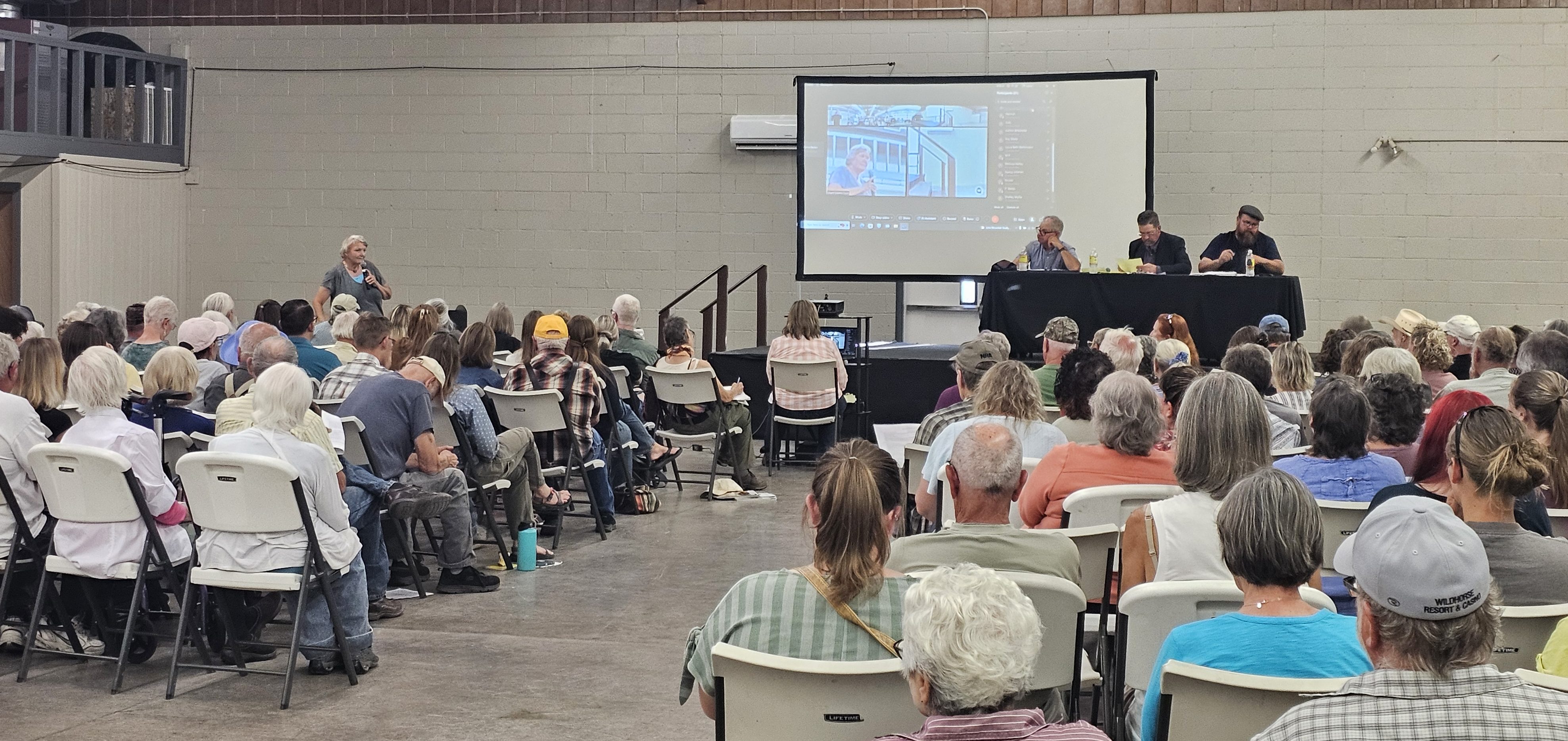Editorial: Keep watch on beef-packing consolidation
Published 5:00 pm Tuesday, April 25, 2006
An eight-person jury in Aberdeen, S.D., last week ruled that three of the country’s four largest meatpackers violated the federal Packers and Stockyards Act.
Trending
The jurors awarded producers who sold cattle to Tyson, Cargill/Excel and Swift between April 2 and May 11, 2001, a total of $9.25 million. The jurors also found that a fourth packer, National Beef, had done nothing wrong.
Because of a mix-up on the part of the jury in which members changed their answers to two questions at the last minute, an appeal is inevitable.
After the judge pointed out that the jury’s original answers conflicted with one another, the jury resumed deliberations for five minutes and changed the answers, according to the Aberdeen American News.
Trending
At issue were the key questions of whether the packers should have known and did know the USDA boxed beef price reports were understated.
“Well, the court of appeals will have a wonderful time with this,” Judge Charles Kornmann told the court, according to the American News.
The award is relatively small compared to the $42.8 million the plaintiffs had sought.
Though the $1-$6 per hundredweight variance in beef price certainly hurt those who were underpaid for their cattle, the companies were ordered to pay only 21.6 percent of what was sought.
Tyson was ordered to pay $4 million; Cargill/Excel $3 million; and Swift $2.25 million.
This case is just one of several battles in a war raging in the meatpacking industry.
Producers, including the Ranchers-Cattlemen Action Legal Fund, have for years argued that the high concentration of ownership in the industry threatens the marketplace for fed animals.
According to a 2005 study by the University of Missouri, the four packers control 83.5 percent of the industry.
The argument goes like this: If only a few packers control most of the market, they can potentially push prices lower at the slaughter end and higher at the retail end.
In that statement, “potentially” is the operative word, as a federal judge in 2004 threw out a $1.28 billion verdict in which Tyson was accused of manipulating cattle prices.
The issue also involves Congress, which wrote the Packers and Stockyards Act and on occasion entertains proposals to limit packer ownership of livestock, another issue in the war over cattle pricing.
The U.S. Department of Agriculture is involved, too. The inaccurate computer programming a contractor used to report boxed beef cutout prices led to the underpricing problem in 2001, the South Dakota jury ruled.
As this verdict is appealed, expect the controversy to continue.
As long as few companies control more of the marketplace, producers and consumers will find themselves on the receiving end of the economic equation.
However, an even larger view of the livestock industry must be considered. Not only is the U.S. livestock industry consolidating, so is the international industry.
According to a study by the Farm Foundation, an Illinois nonprofit agriculture advocacy group, not only will the industry consolidate further but it is mobile.
“Capital and technology can move anywhere in the world. … In the future it is likely that a few global livestock firms will dominate world production and processing,” according to the report.
The take-home message from the report and from the controversy that surrounds the livestock industry is that producers, the USDA, Congress and even the industry will have to remain vigilant.
The changes facing them are fast-moving and must be monitored closely to preserve a fair and free domestic and international livestock marketplace.
– Capital Press









